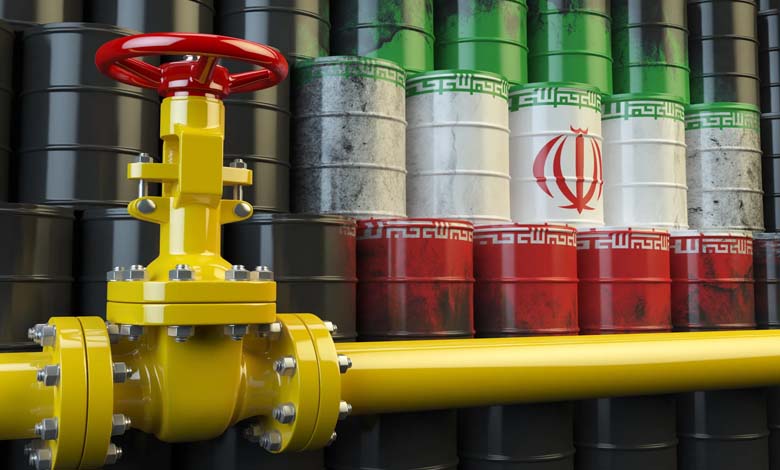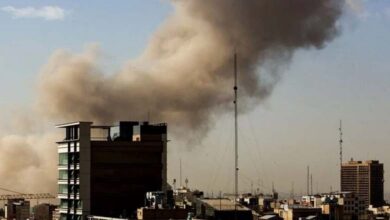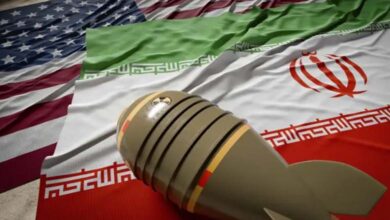U.S. Sanctions Target Iranian Gas and Oil Shipping Tycoon

The United States on Tuesday imposed new sanctions on Iranian natural gas tycoon Seyed Asadollah Imam Jomeh and his commercial network, amid ongoing negotiations with Tehran over its nuclear program.
In a statement, the U.S. Department of the Treasury said Imam Jomeh’s network was responsible for shipping large quantities of liquefied petroleum gas (LPG) and crude oil from Iran to foreign markets, generating hundreds of millions of dollars in revenue.
-
Bloomberg: Worsening gas crisis in Iran raises anger against regime
-
Trump Gives Iran Two Months to Negotiate a New Nuclear Deal
LPG and crude oil, the Treasury noted, are key sources of income for Tehran and help finance its nuclear program, advanced conventional weapons systems, and affiliated regional groups such as Lebanon’s Hezbollah, Yemen’s Houthis, and the Palestinian movement Hamas.
U.S. Treasury Undersecretary Scott Bessent stated: “Imam Jomeh and his network sought to export thousands of LPG shipments — including some originating from the United States — to evade American sanctions and generate revenue for Iran.”
-
Fire in Iran’s largest gas field… details
-
Are the UAE Playing a Mediation Role Between Iran and the United States?
The sanctions come as U.S.-Iran nuclear talks continue. Oil prices rose by more than one dollar per barrel on Tuesday, fueled by the new sanctions and a rebound in global stock markets following a sharp sell-off the day before.
John Kilduff, partner at New York-based Again Capital, said that despite some progress in recent negotiations, the absence of a deal could significantly impact Iranian oil exports under tighter U.S. sanctions.
-
From Tehran to Makran: Why Iran Wants to Change Its Capital
-
Tehran renewed conflict in Durra gas field and Iranian claims to fake rights – Kuwait responds
“Either a nuclear agreement is reached, or the U.S. will attempt to reduce Iran’s oil flows to zero,” he warned. Robert Yawger, an analyst at Mizuho, noted that the rise in equity markets, indicating increased investor risk appetite, also contributed to the rebound in oil prices.
Meanwhile, technical talks scheduled between Tehran and Washington have been postponed from Wednesday to Saturday, according to Iran’s Foreign Ministry, which did not provide a reason for the delay.
Since April 12, the two sides have held two rounds of negotiations — the first in Muscat and the second in Rome. The third round is set to take place in Muscat on April 26, according to Omani officials.
Both American and Iranian officials have reported progress in the talks, the first of their kind since former U.S. President Donald Trump unilaterally withdrew from the 2015 nuclear deal in 2018.
-
Anwar Gargash praised US classification of Iran-backed Houthis as a foreign terrorist organization
-
IAEA report: Iran starts to feed uranium gas into advanced centrifuges underground
The agreement aimed to limit Iran’s nuclear activities and ensure their peaceful nature in exchange for lifting economic sanctions. Upon withdrawing, Trump reimposed sanctions, prompting Iran to gradually reduce its compliance with key provisions.
Upon returning to the White House in January, Trump reintroduced his “maximum pressure” policy on Iran, while also urging negotiations and warning of possible military action if no deal was reached.












